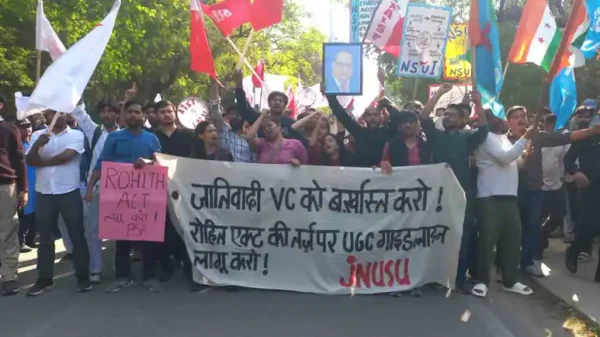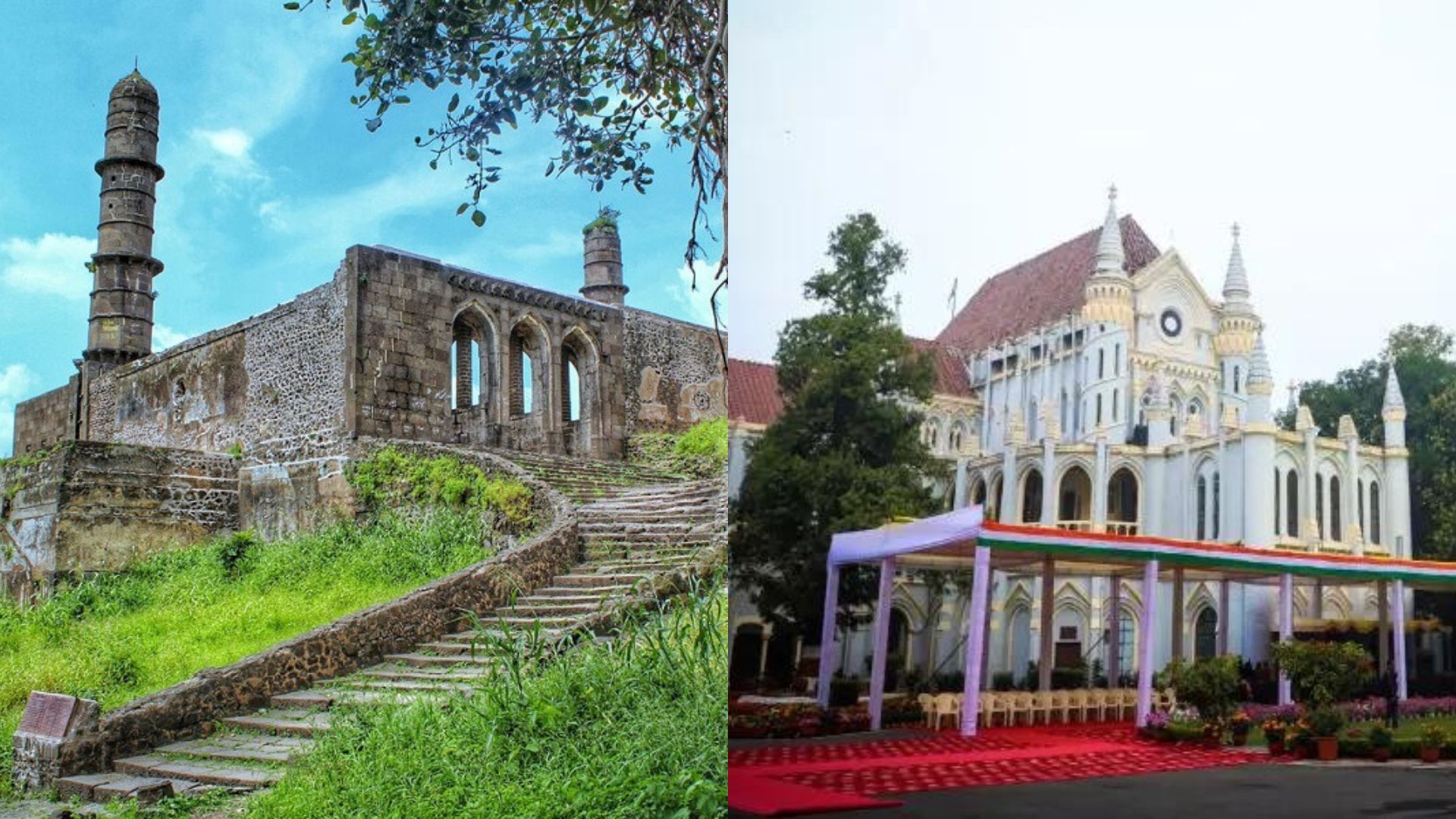The Madhya Pradesh High Court has overturned a decision by the Madhya Pradesh Waqf Board that sought to declare the historic Burhanpur Fort and several key sites within it as Waqf property. This ruling nullifies the Waqf Board’s claim over prominent sites including the Tomb of Shah Shuja, the Tomb of Nadir Shah, Bibi Sahib’s Masjid, and the palace within the fort.
The dispute began in 2013 when the Waqf Board requested the Archaeological Survey of India (ASI) to vacate these sites, arguing that they were Waqf property. In response, the ASI filed a writ petition with the High Court, contending that the sites in Emagird village, Burhanpur, covering approximately 4.448 hectares were protected under the Ancient Monuments Preservation Act of 1904.
On July 26, Justice GS Ahluwalia’s bench reviewed the case, noting that the properties had been officially designated as ancient monuments as early as 1913 and 1925. The court said it found no evidence that these properties had been removed from the Chief Commissioner’s custody, as required by the Ancient Monuments Preservation Act, 1904.
On August 6, the court dismissed the Waqf Board’s claim, highlighting that their notification was incomplete and did not meet the legal criteria to override the protections under the Ancient Monuments Preservation Act. The court referenced the Supreme Court’s ruling in Karnataka Board of Wakf vs. Government of India (2004), which established that properties listed as ancient protected monuments are under the Government of India’s ownership and maintenance.
The ASI had maintained that these sites had been protected as ancient monuments for decades and could not be reclassified as Waqf property. The Waqf Board countered, stating that it had legally declared the property as Waqf and suggesting that the ASI should have approached the Waqf Tribunal instead of the High Court.
The court criticized the Waqf Board’s claim, stating, “Once a property is declared an ancient monument and protected monument, it cannot be considered Waqf property under the Waqf Act, 1995.”
Justice Ahluwalia said, “Why not claim the Taj Mahal as Waqf property? Tomorrow, you might say the entire India is Waqf property. It doesn’t work like that—you can’t issue notifications and simply claim the property as yours.”
































































